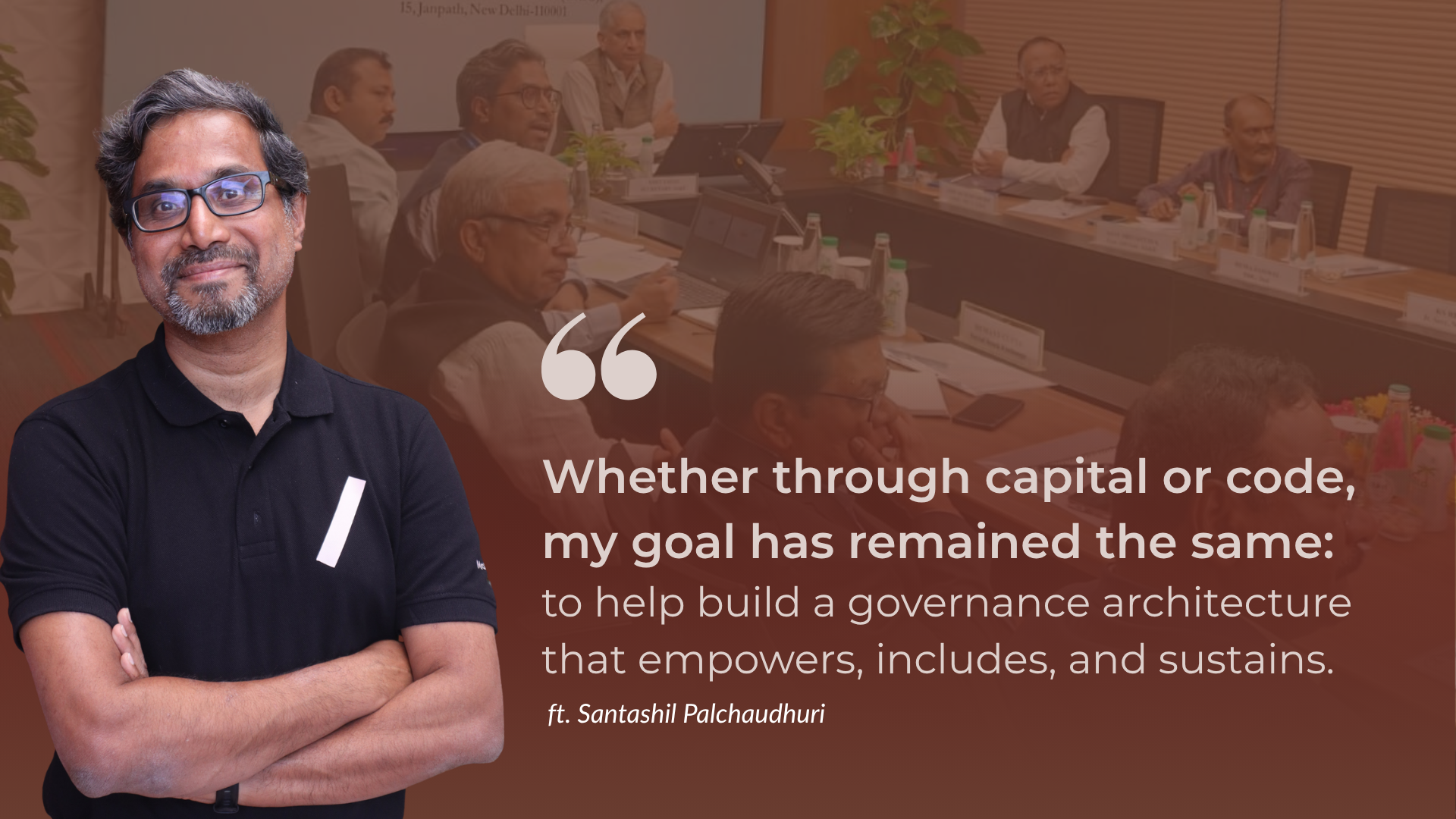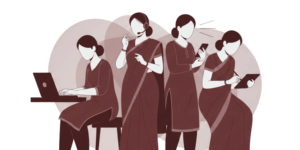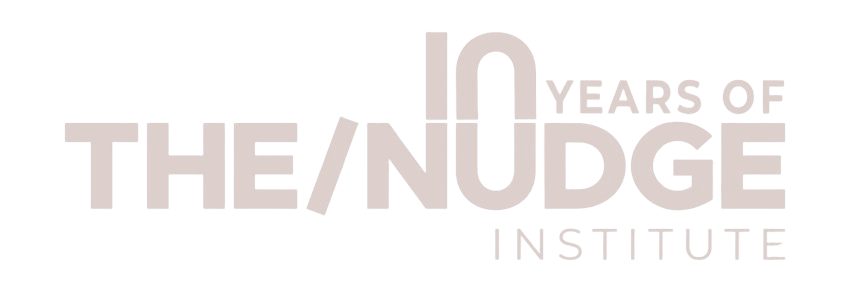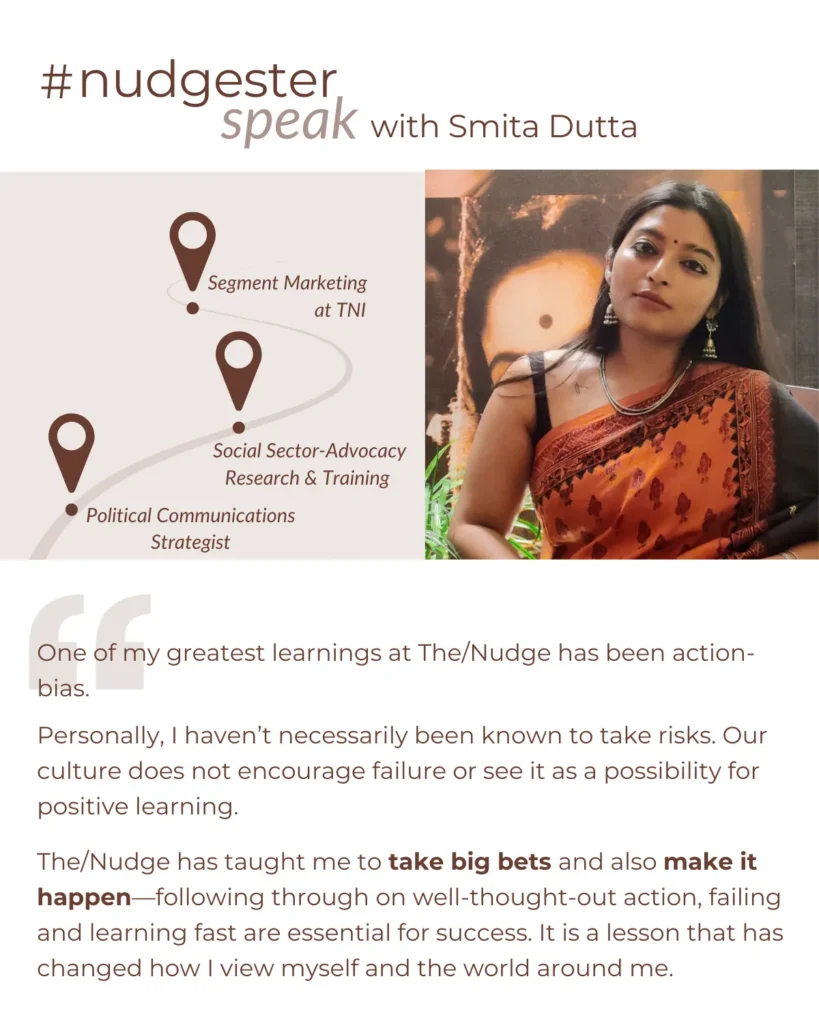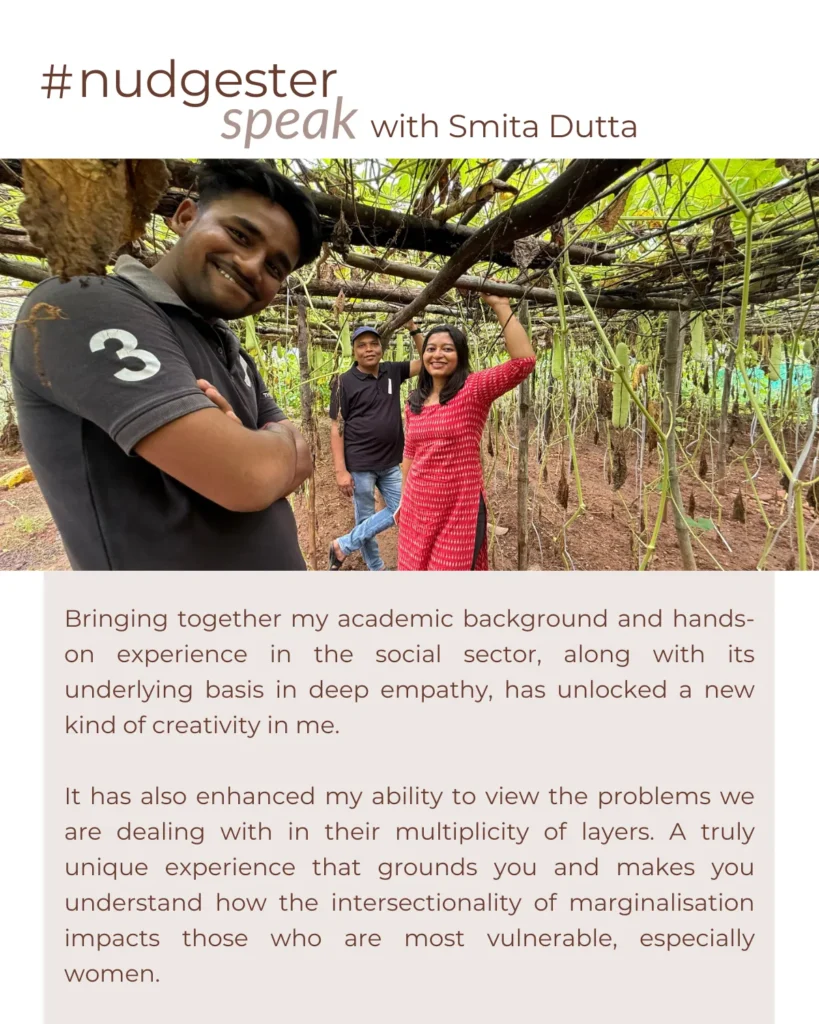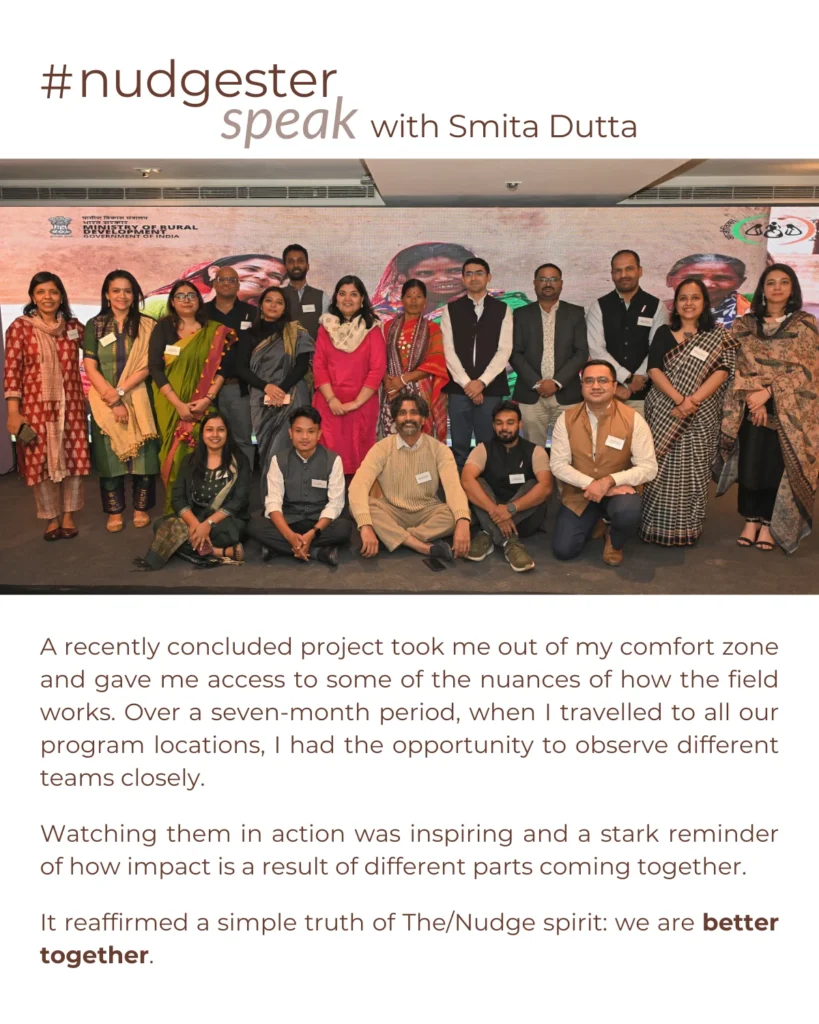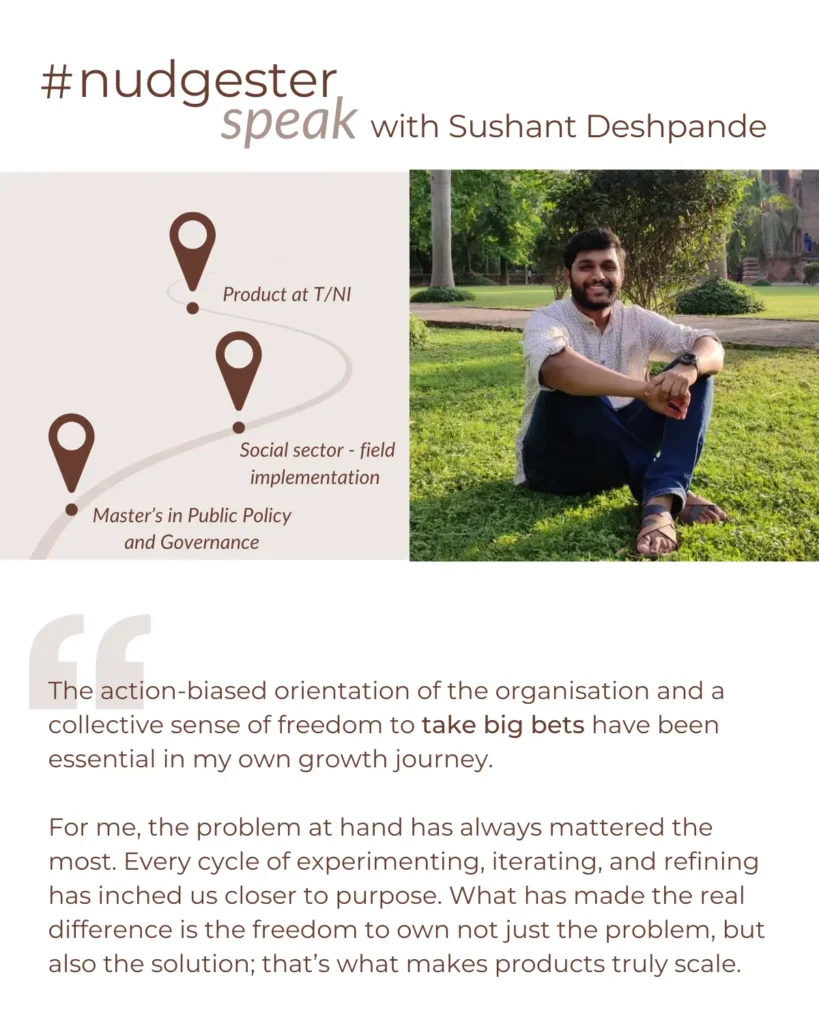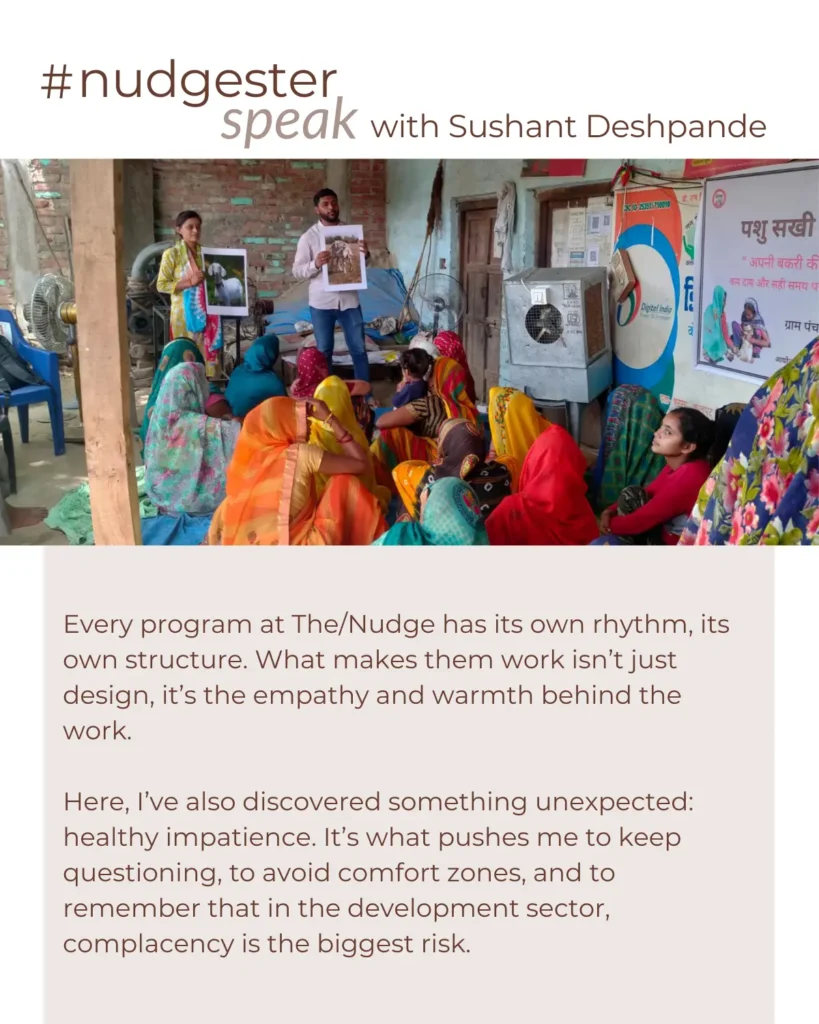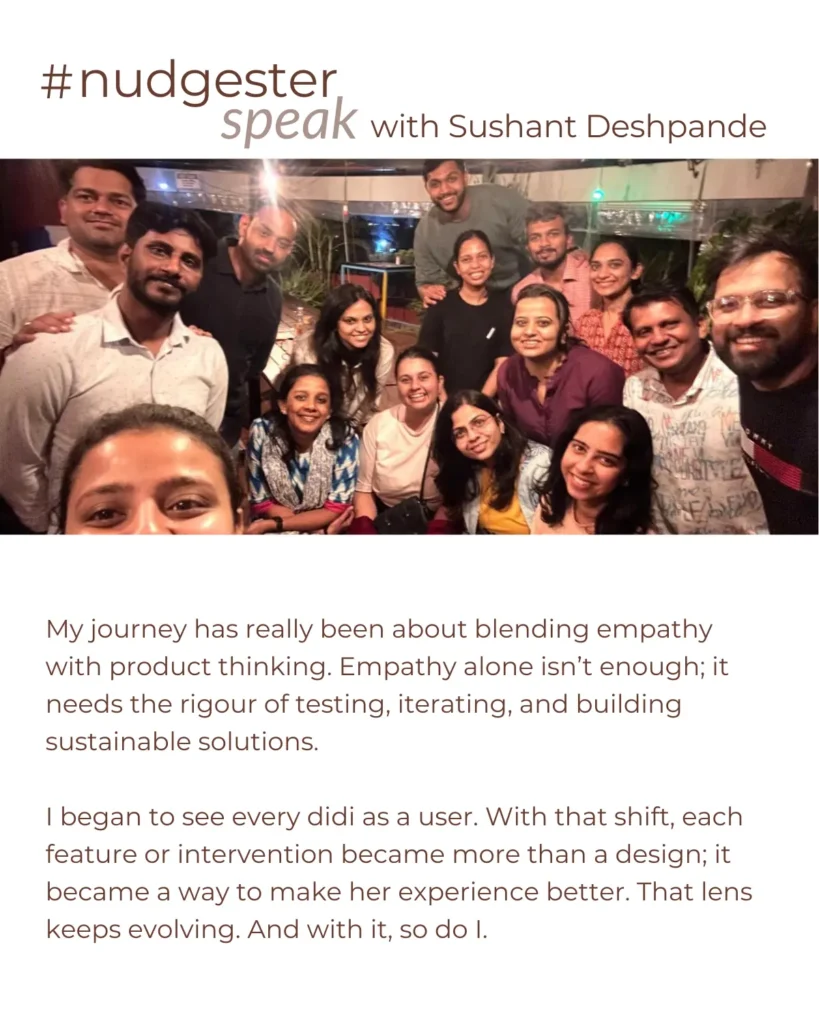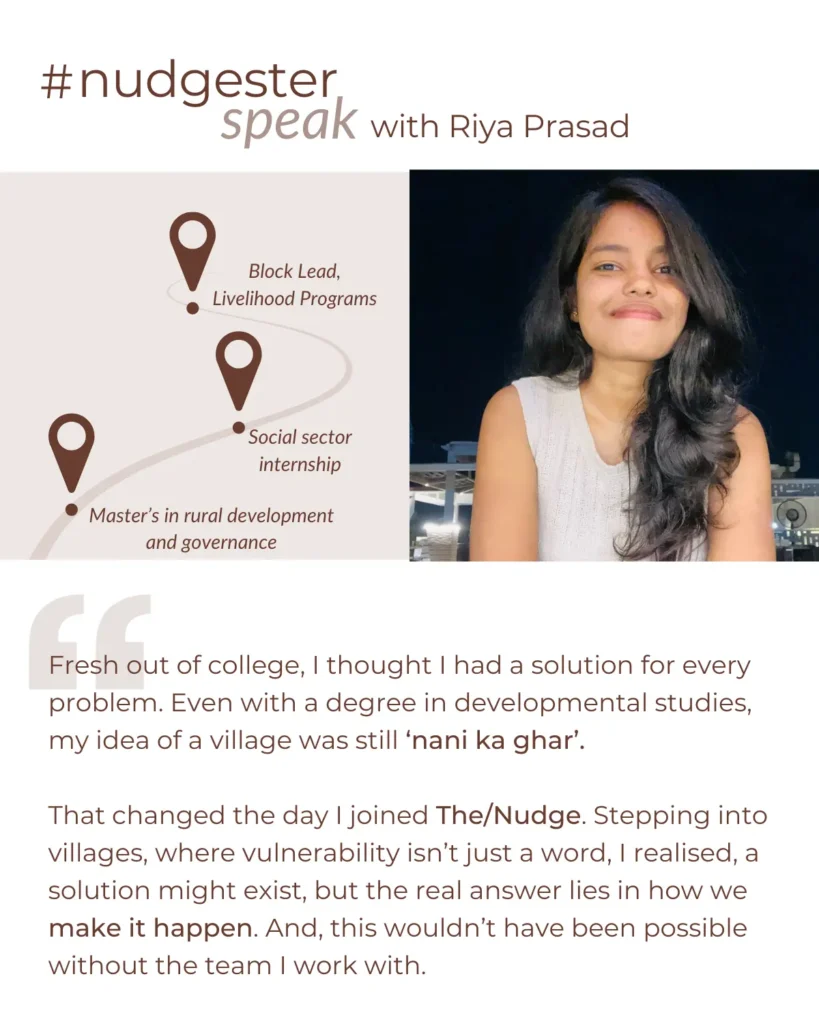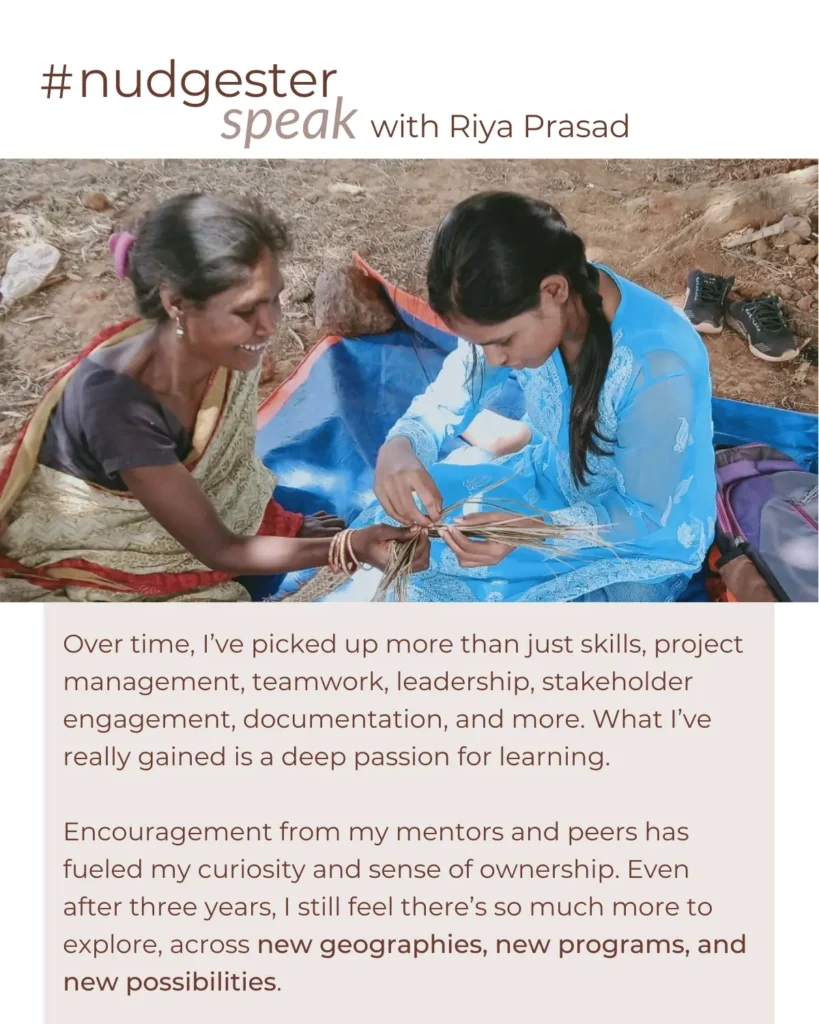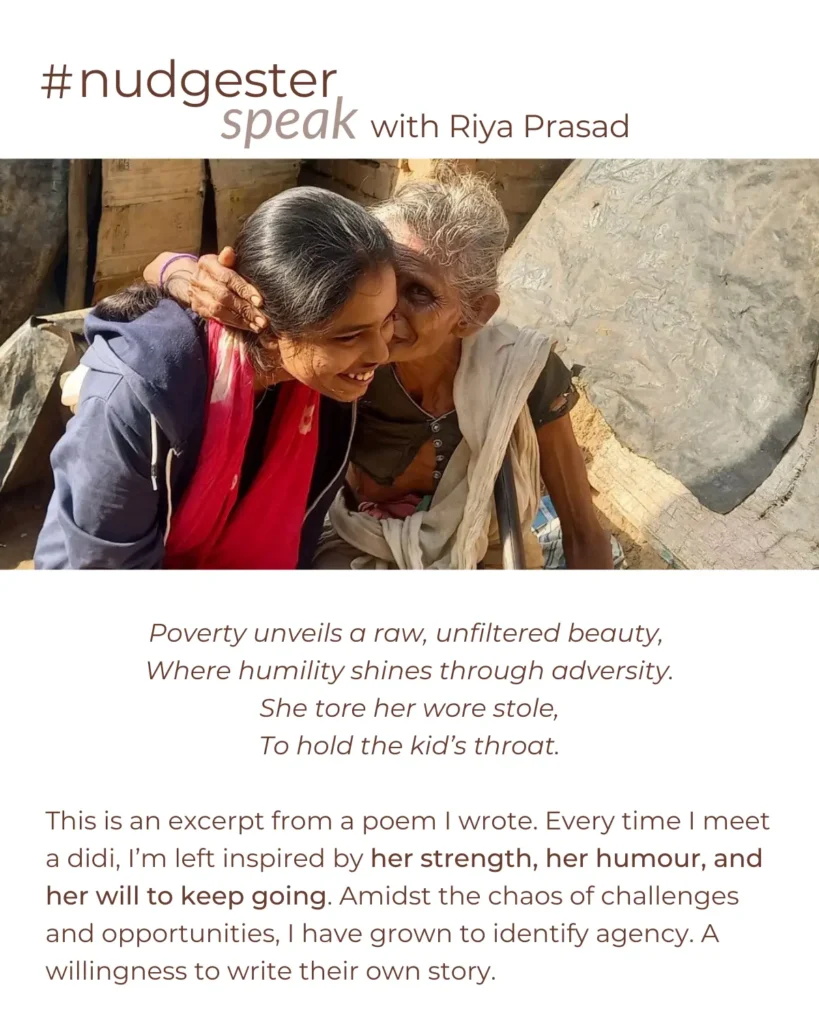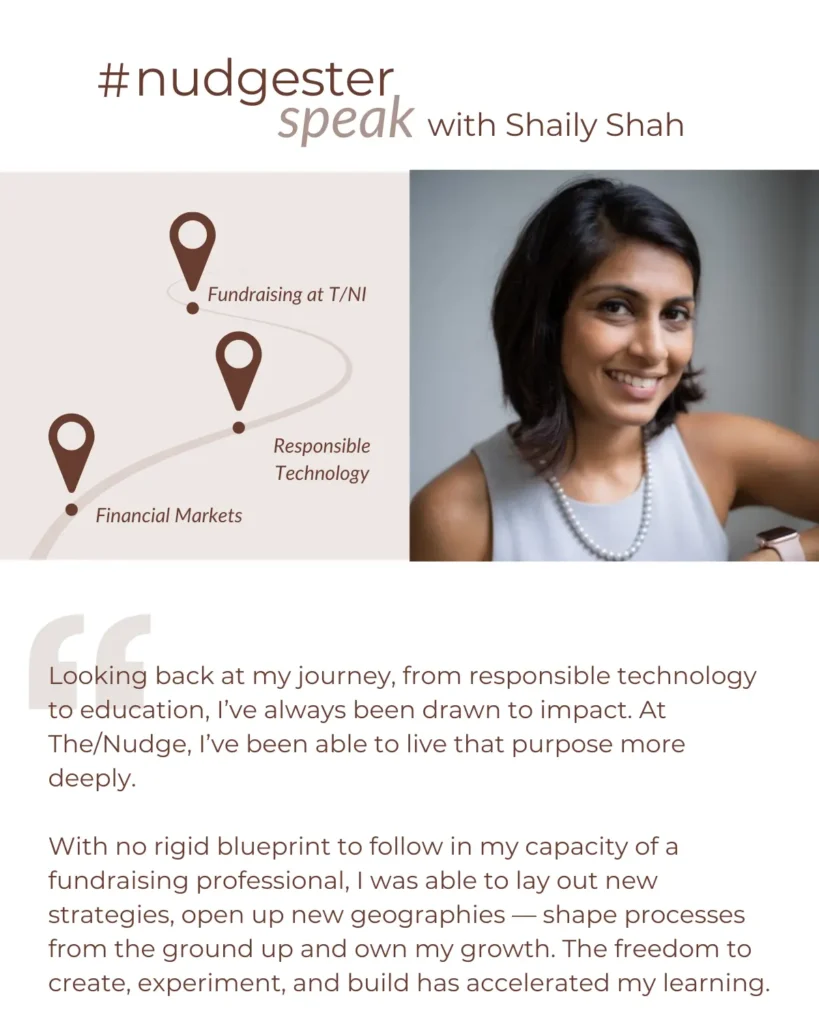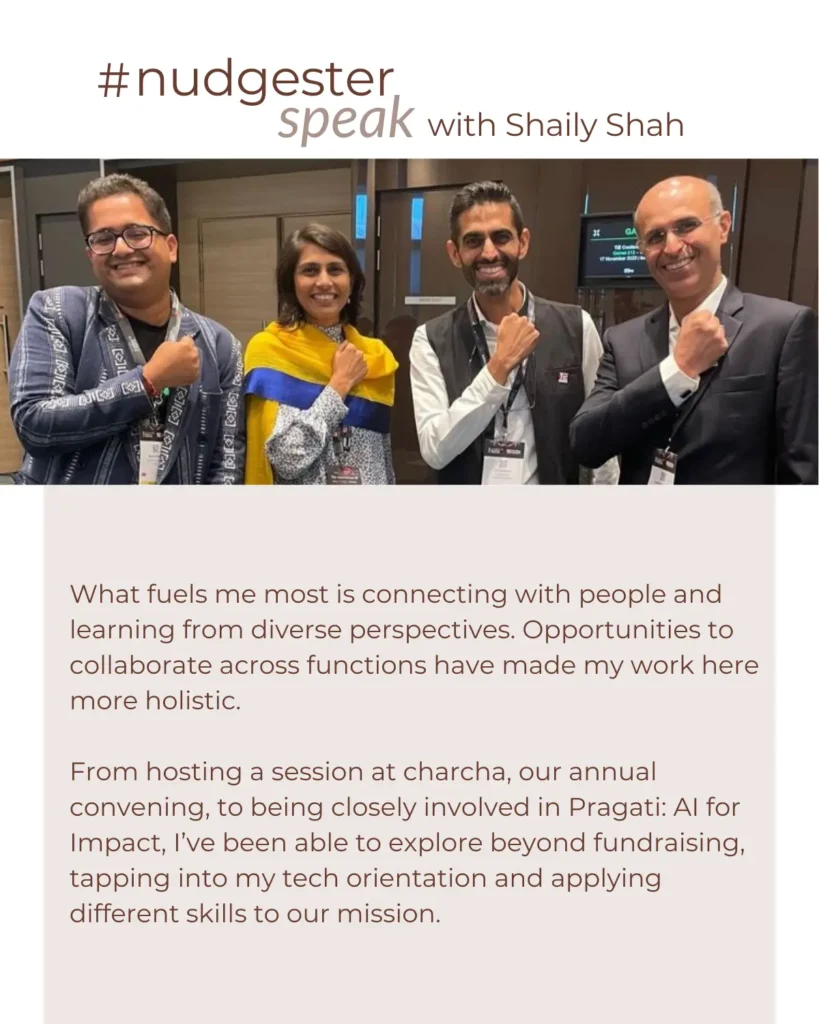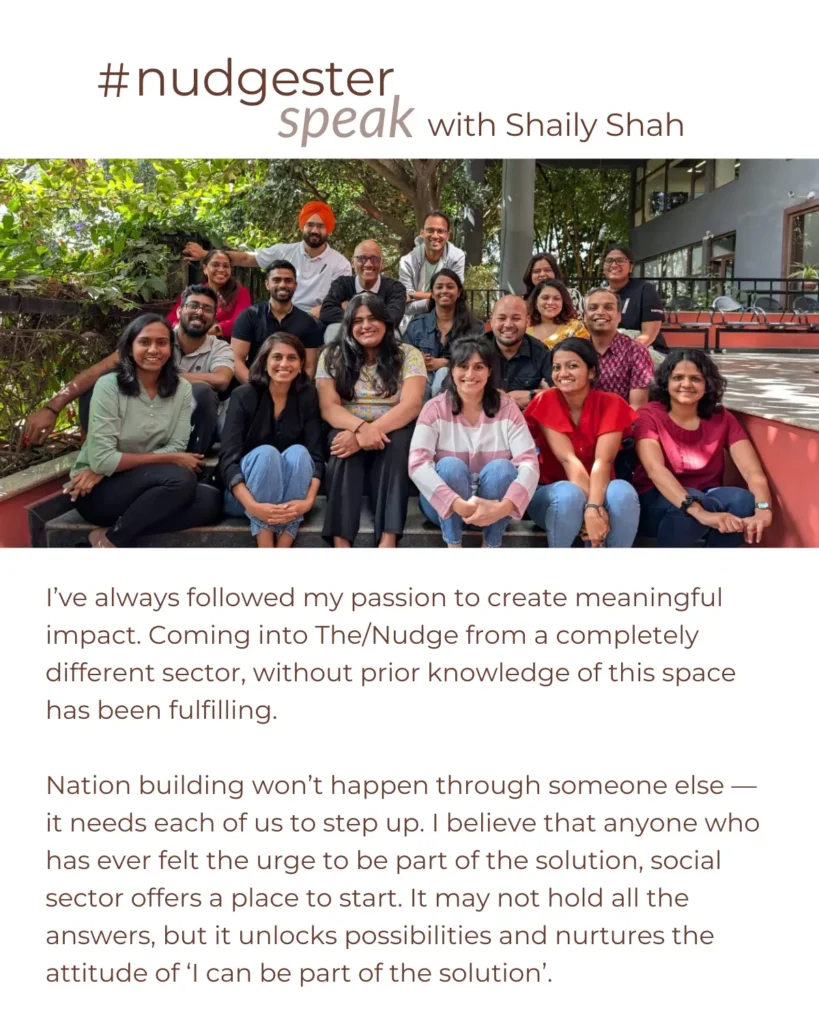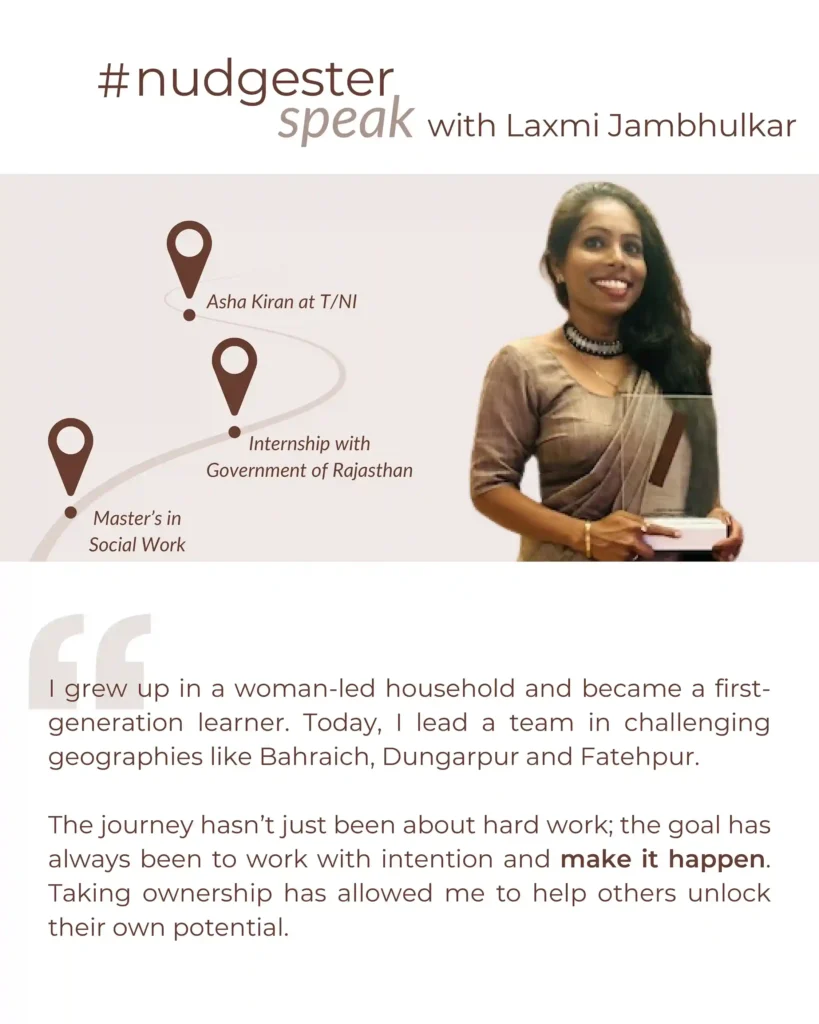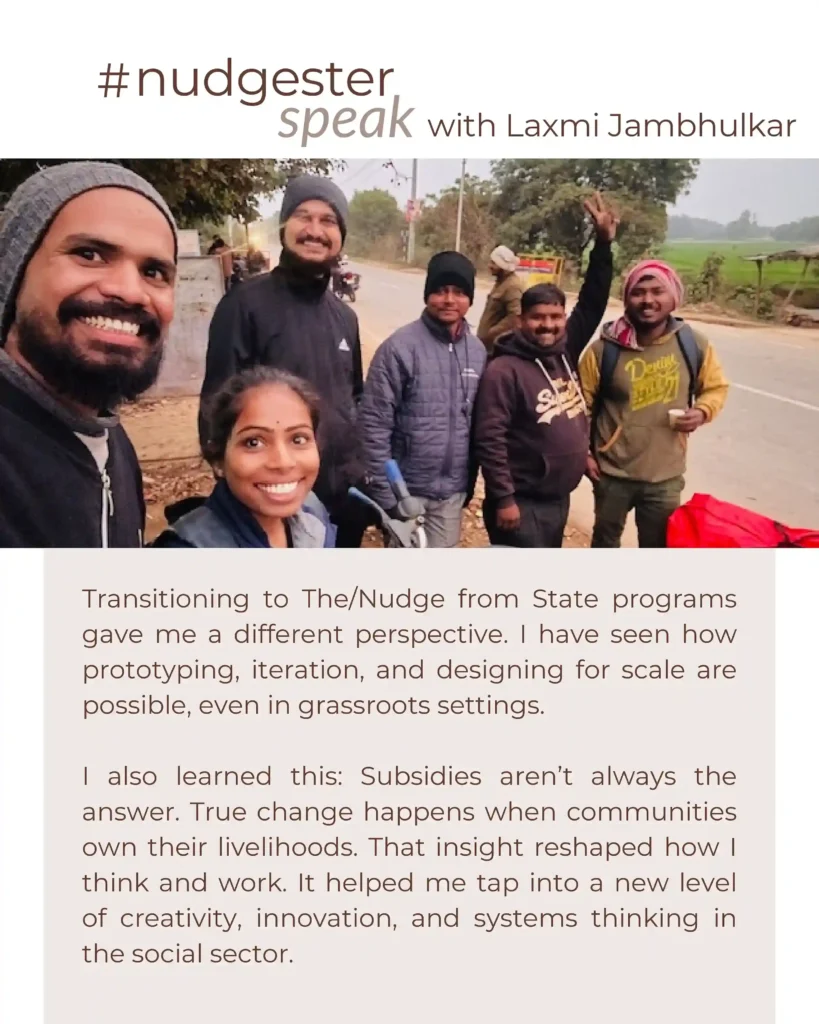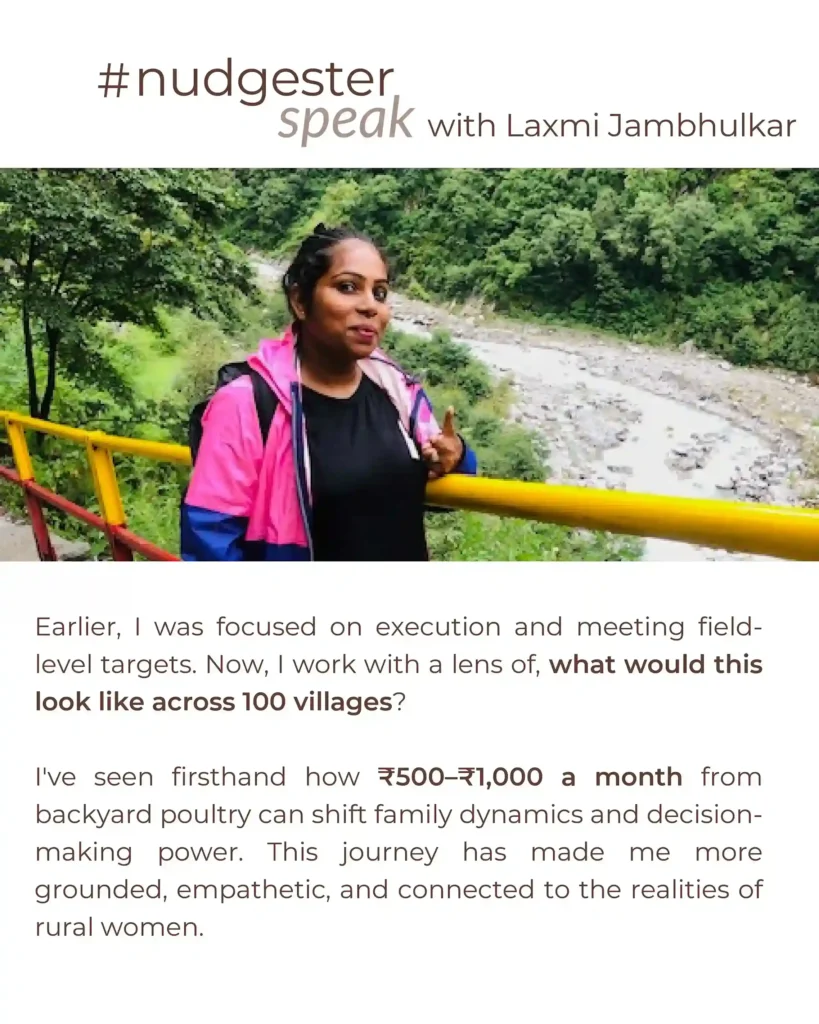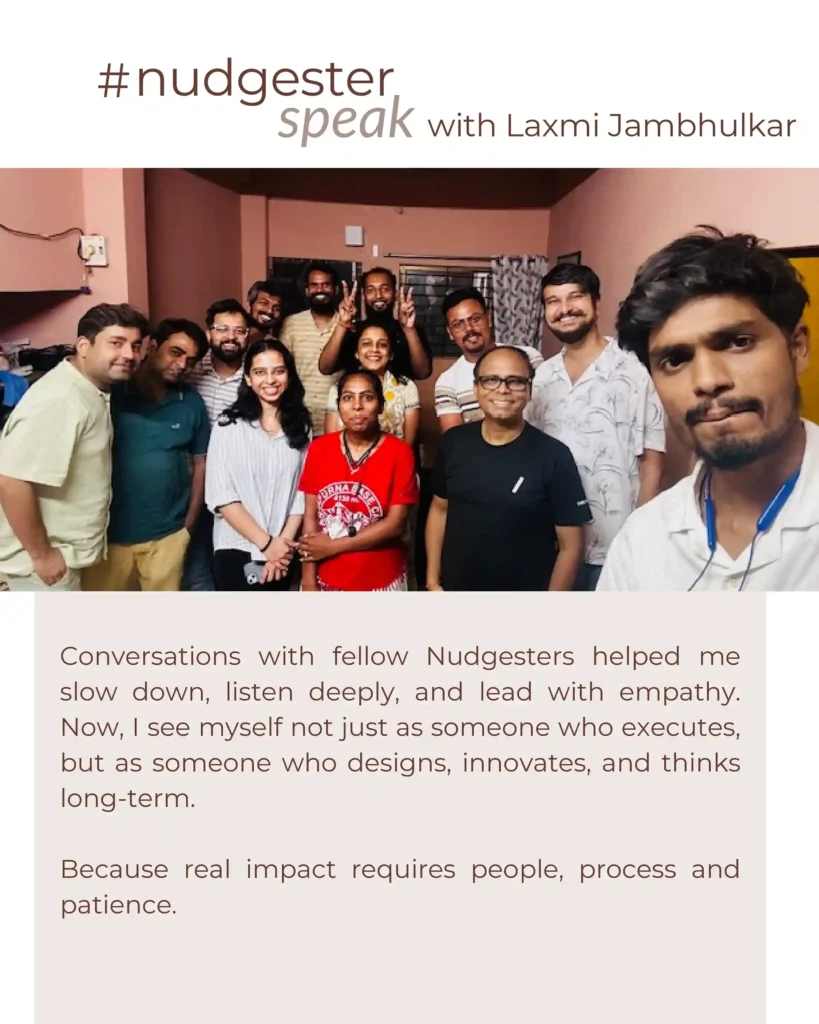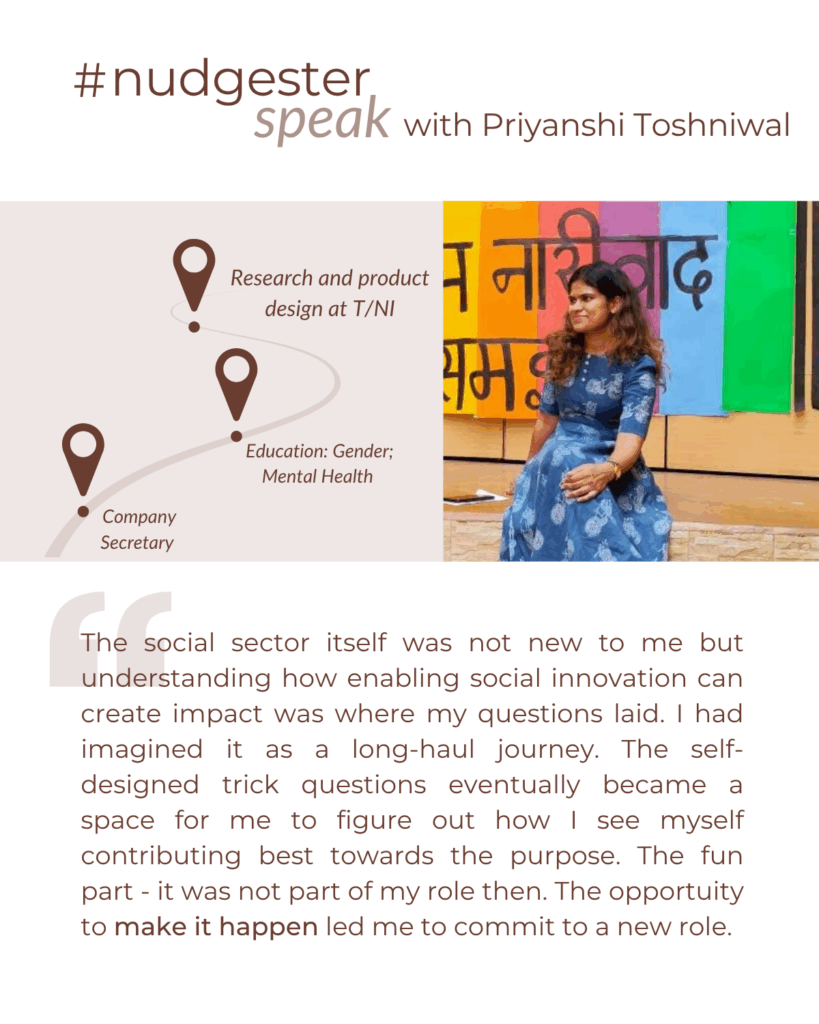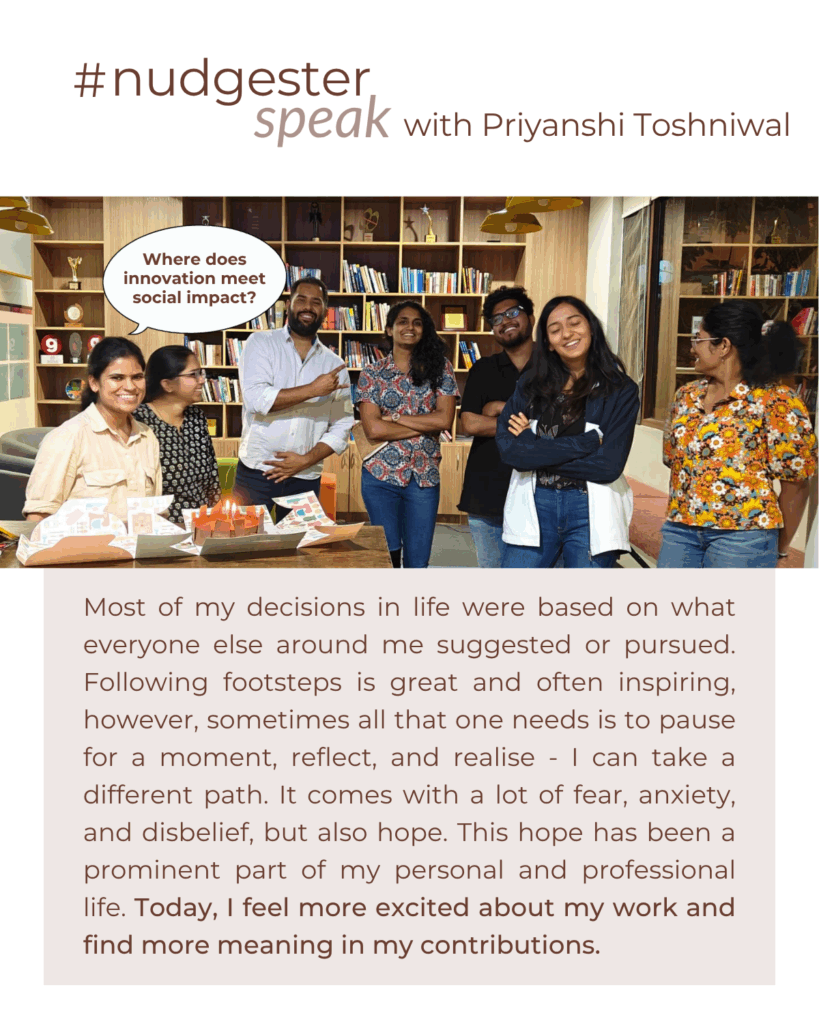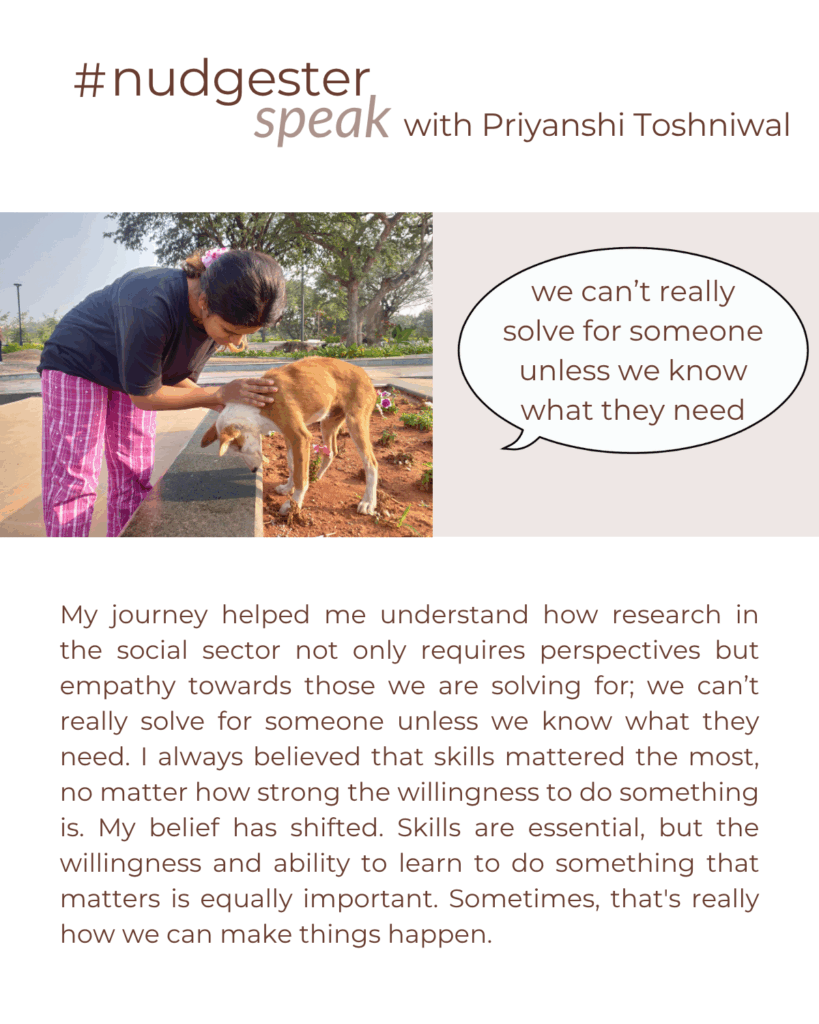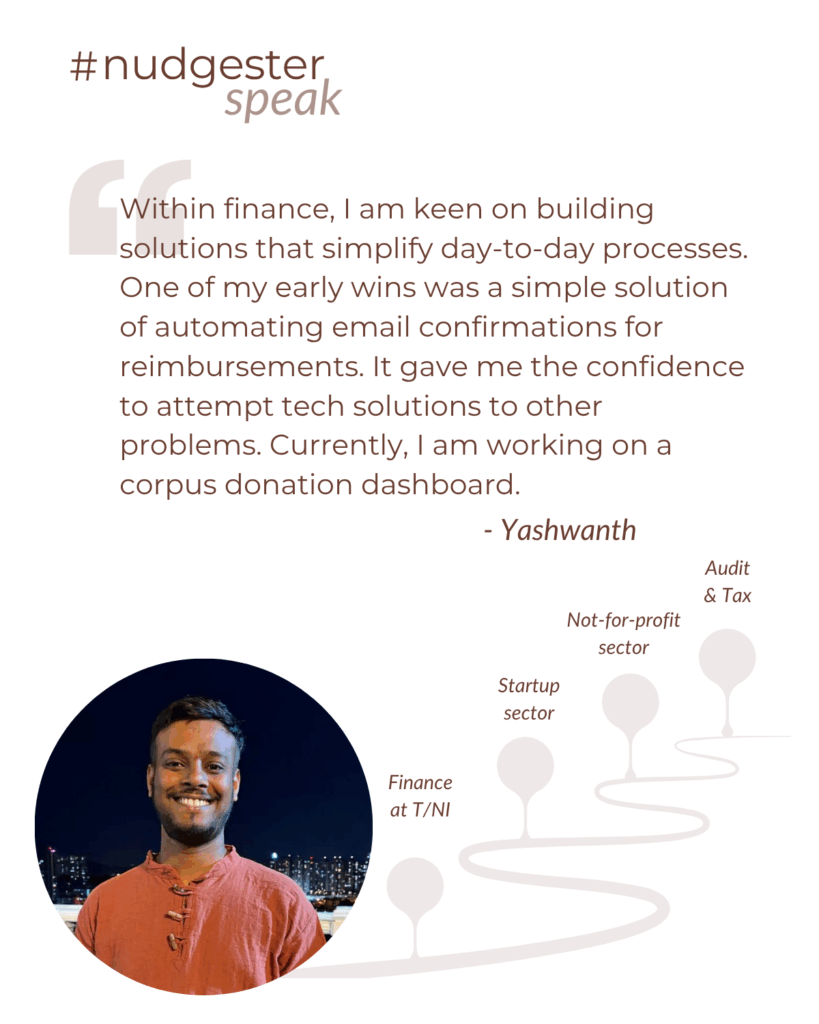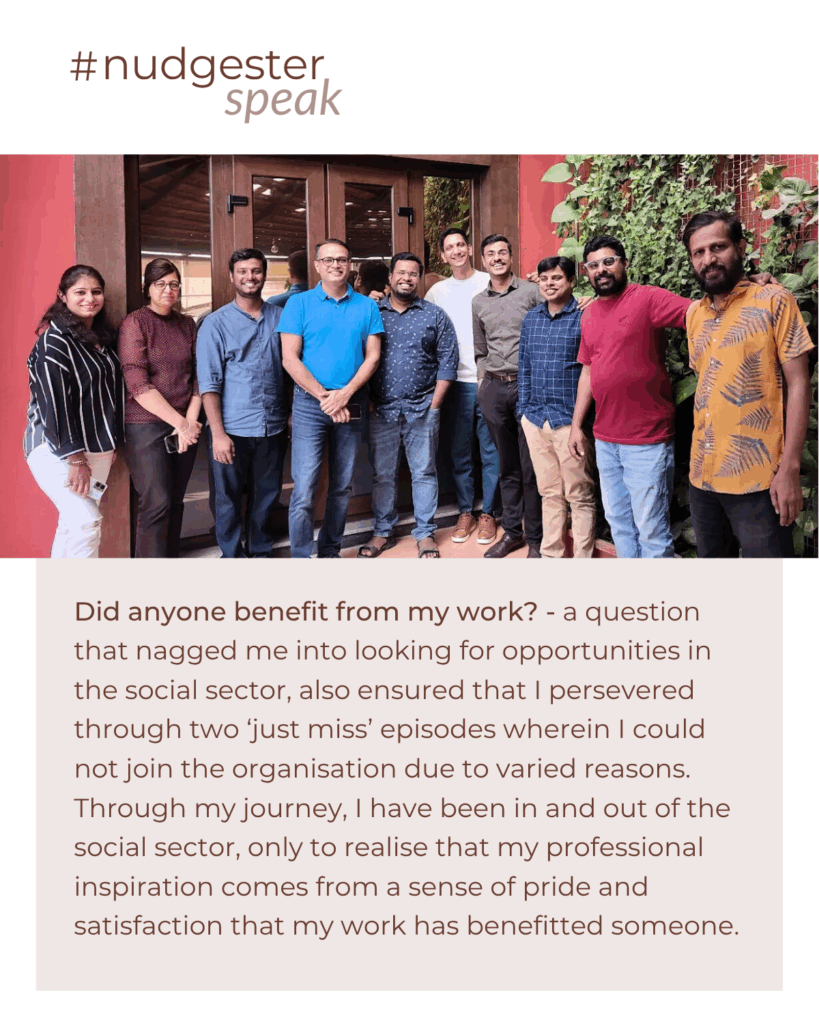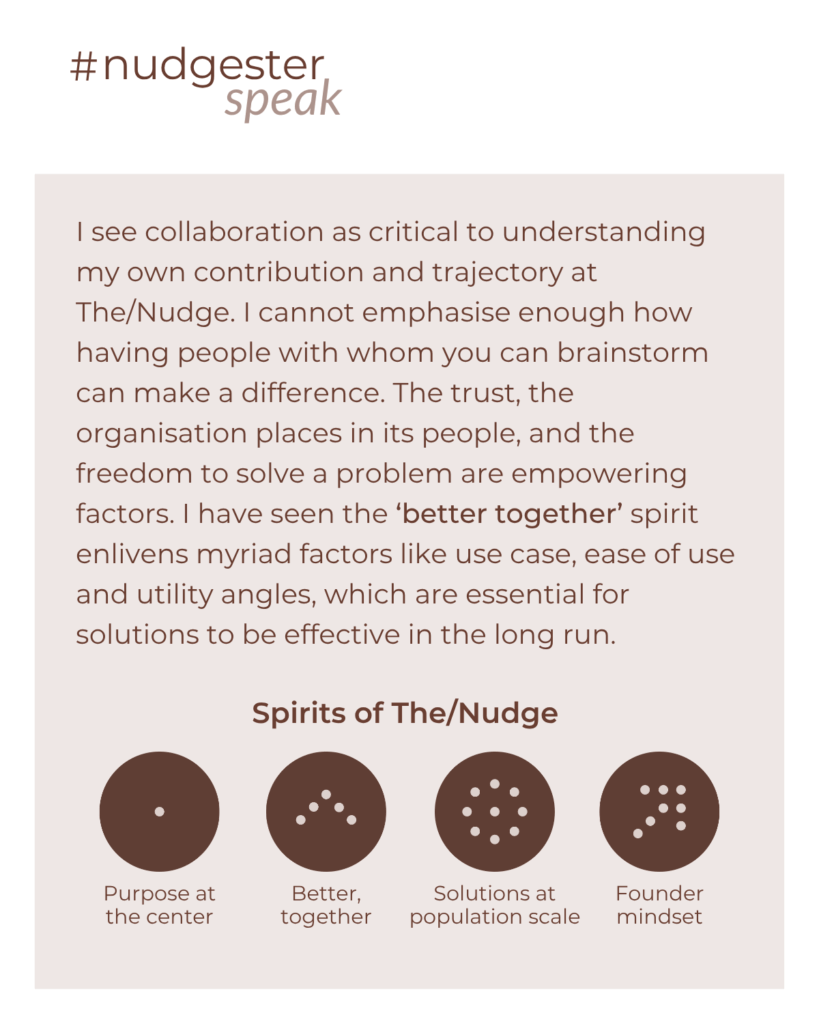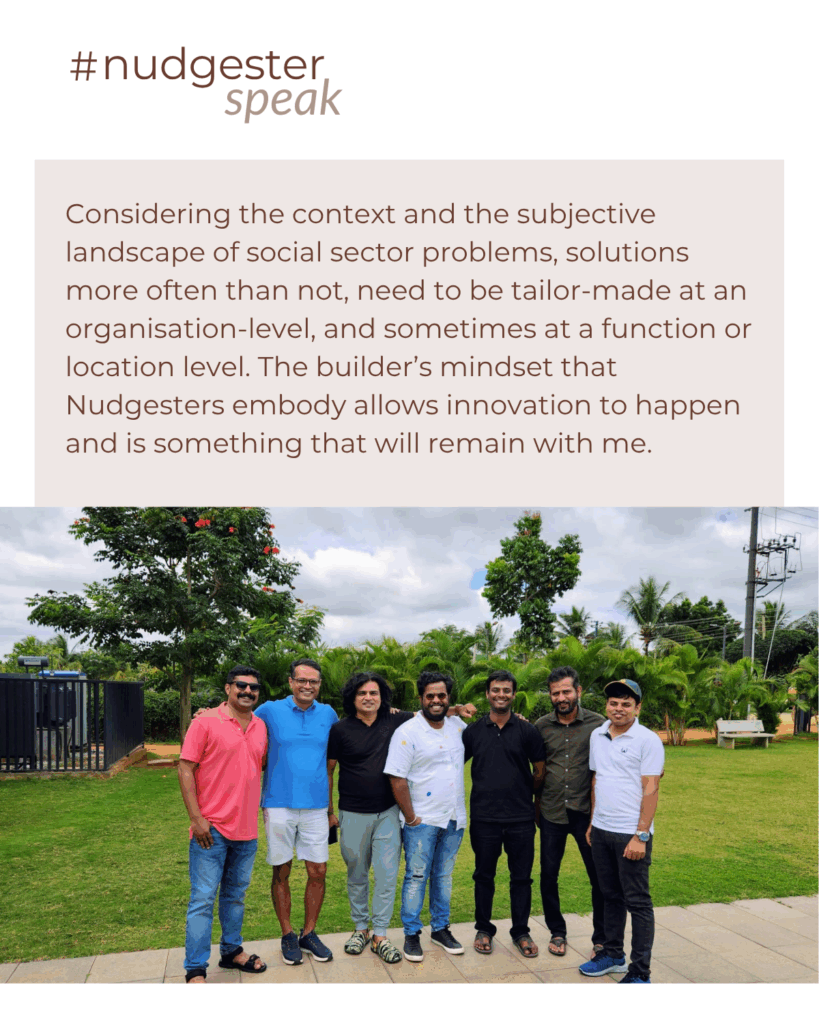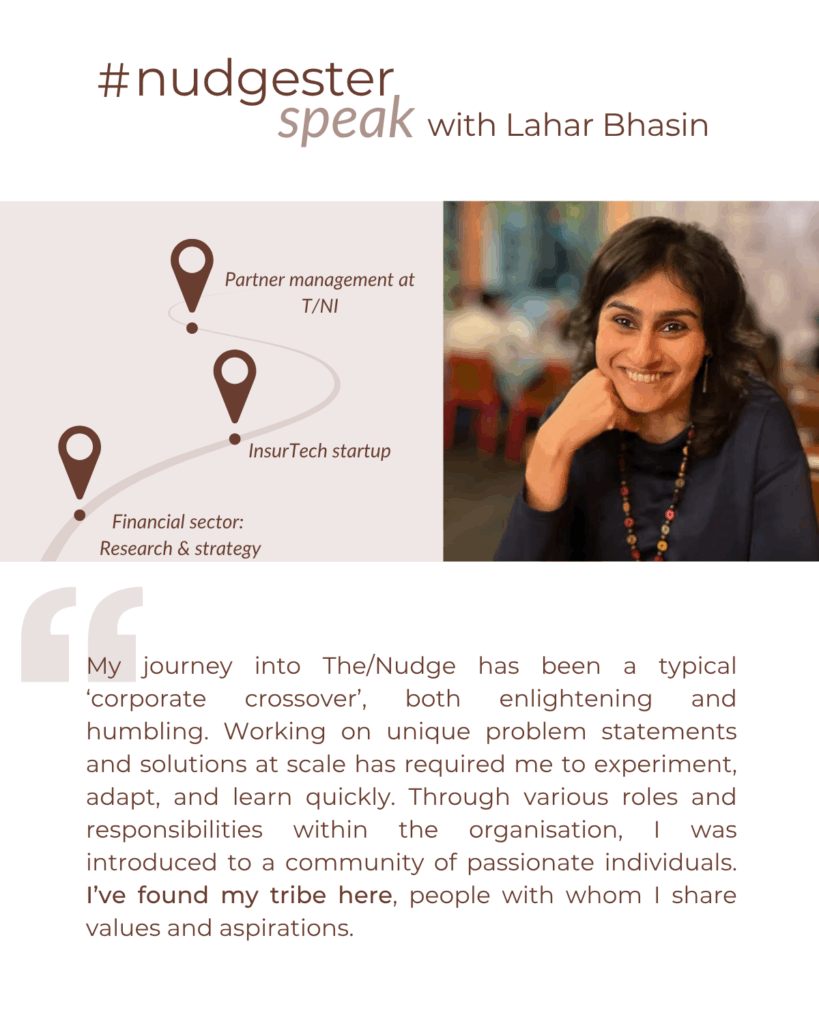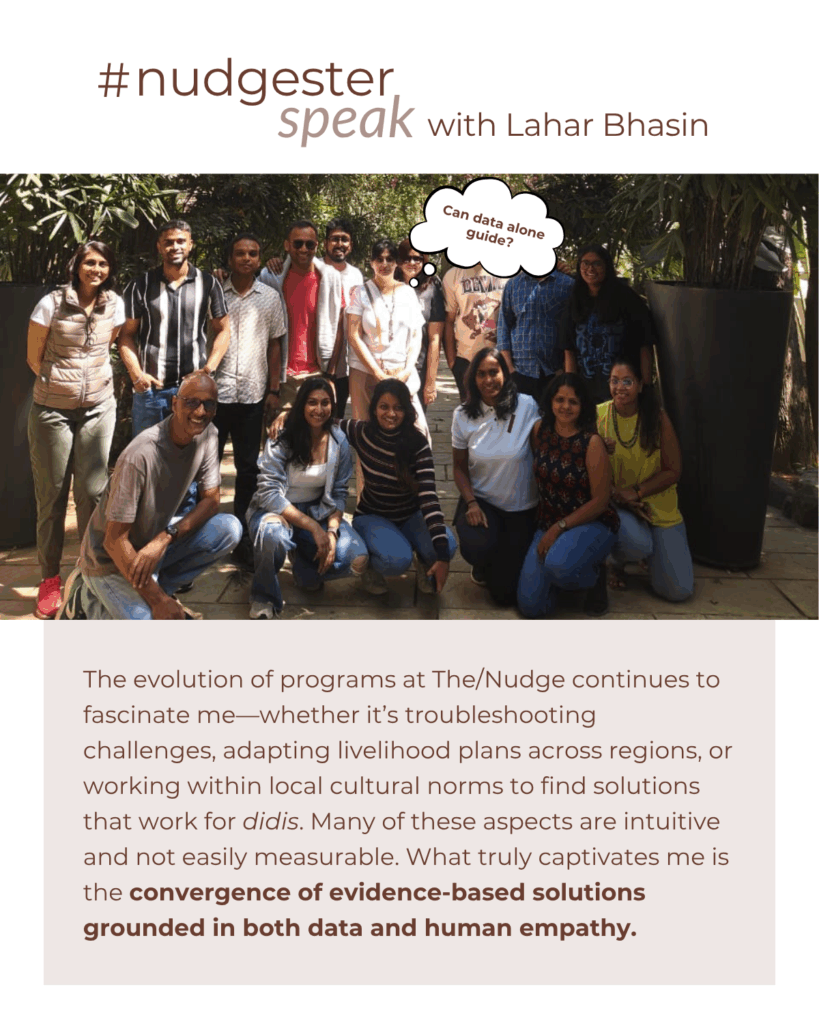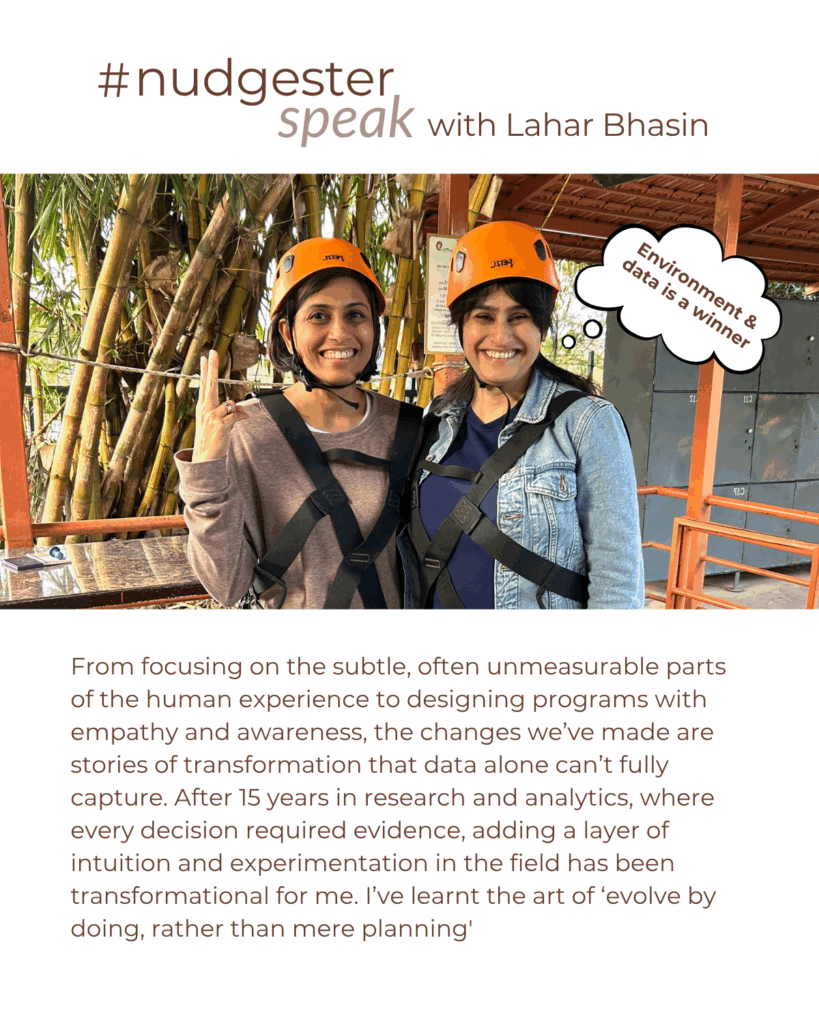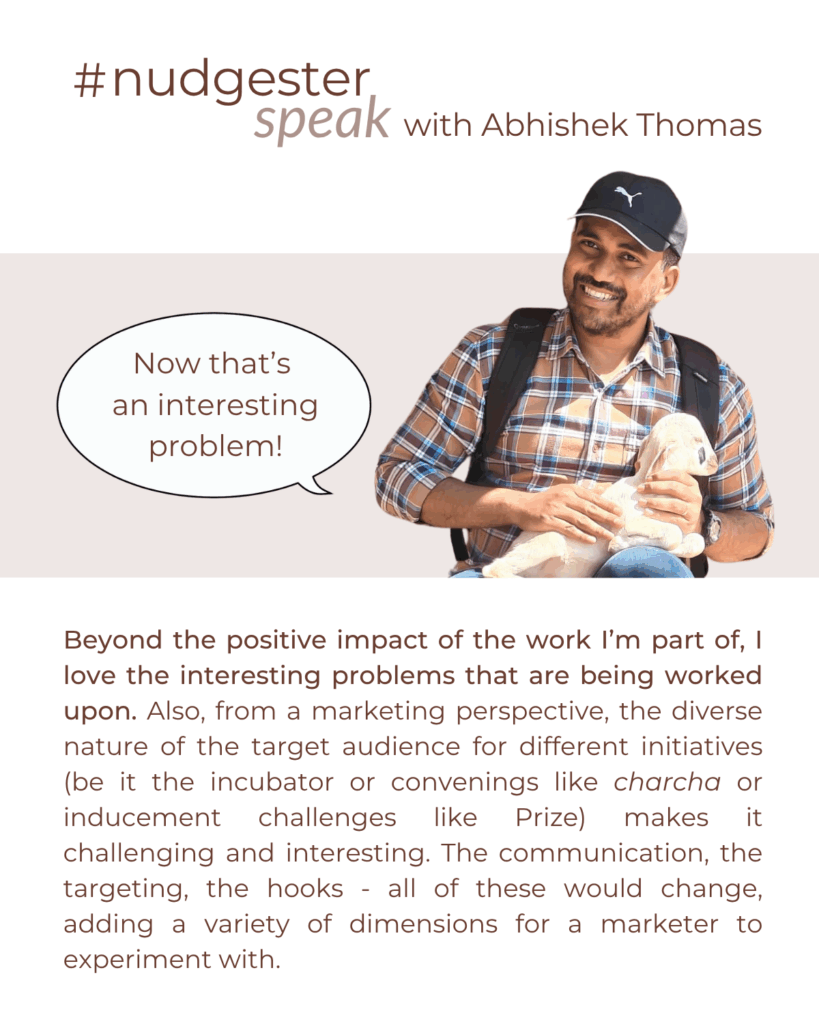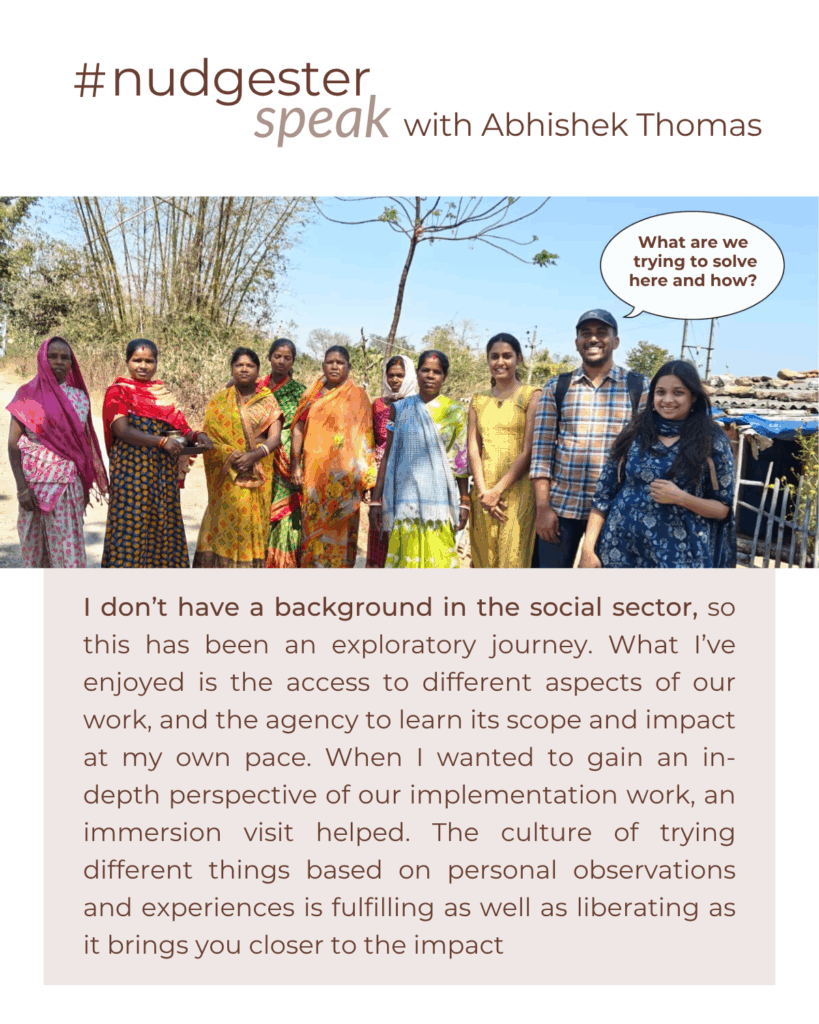“Dedicated to the service of the nation”, the motto of my alma mater, IIT Kharagpur, has always inspired me. Yet, for decades, my professional career was dedicated to American startups and corporations, a reality that consistently nagged at my conscience. This internal dilemma led me to explore avenues of making a broader social impact through the Indian Administrative Fellowship (IAF).
The transition: from managing director to public service
As a computer scientist with a background in distributed systems, my career trajectory had all the hallmarks of conventional success, rigorous academic research (dozen publications during my doctoral studies), the hustle of startup culture (helping two companies reach IPO), corporate innovation (over 30 US-granted patents as a distinguished engineer), navigating complex organisations as a Managing Director at a prominent American corporation.
But growing up with Che Guevara as my childhood hero, the opportunity to work in the development sector was always a dream simmering beneath the surface. After two decades in the corporate world, I decided to dedicate myself fully to national service through the IAF fellowship – a complete departure from profit-driven work.
Three defining aspects of my IAF journey
I entered this fellowship with the starry-eyed dream of changing India, perhaps even the world. This idealism has been tempered by the realisation that large-scale changes require time, patience, and persistence. I’ve found immense satisfaction in recognising that even improving the system by a few degrees is worthwhile, given the sheer scale and reach of government initiatives. My time with the Ministry of Social Justice and Empowerment (MoSJE) has been transformative in three key ways:
- Witnessing government in action: Getting a front-row seat to observe how senior bureaucrats, and by extension, the government operate has been invaluable. The mechanisms, constraints, and possibilities of public service become visible only when you are embedded within the system.
- Understanding policy delivery at scale: I’ve learned how policies translate from paper to practice at a national scale, while simultaneously identifying critical opportunities for improvement. The sheer magnitude of implementation challenges in a country as diverse as India cannot be overstated.
- Realising the power of synergy: Perhaps most profoundly, I’ve come to appreciate why the harmony between samaaj (society), sarkaar (government), and bazaar (market) is essential to build the capacity and realise our true potential as a nation.
As an Indian Administrative Fellow, working closely with the Ministry of Social Justice and Empowerment (MoSJE), I’ve had the unique opportunity to drive two deeply consequential initiatives, each addressing systemic challenges through very different lenses: one through finance, the other through digital transformation.
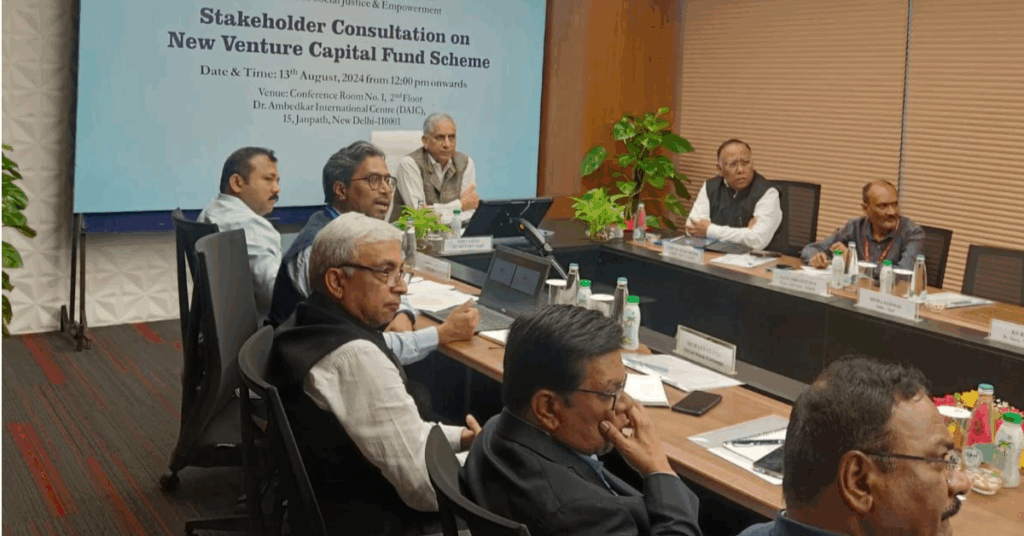
Project 1: Redesigning the venture capital fund for inclusive entrepreneurship
One of my key mandates was to reimagine the Venture Capital Fund (VCF) scheme to better enable entrepreneurship at the last mile. The vision was ambitious: unlock concessional finance and capacity building for thousands from marginalised sections, with ripple effects across a million livelihoods.
We began with extensive consultations—field experts, entrepreneurs, financial institutions—to co-create a solution. After multiple iterations, we submitted a refined concept note to the Department of Expenditure in late 2024 and are now preparing for the Expenditure Finance Committee (EFC) and Cabinet Committee on Economic Affairs (CCEA) stages, including selecting a new Social Fund Manager.
A quieter win I’m proud of: streamlining fund tracking. What once took days is now accessible in minutes—an investment in institutional memory and future-ready systems.
Project 2: Digital MoSJE – Designing for convergence, visibility and saturation
Simultaneously, I’ve been working on a project we’ve come to call Universal Benefits Interface. India invests 8% of its GDP into social welfare, yet the returns in terms of measurable impact, reach, and convergence remain suboptimal. Our hypothesis is simple but bold: what if we could track, deliver, and amplify benefits using a tech-enabled lifecycle approach? Imagine the right people receiving the right benefit at the right time, without needing to navigate bureaucratic layers. That’s the promise of this proposed digital solution. We are currently prototyping this vision. Over the next few months, we’re building a working model that brings together digital infrastructure and ground insights from early pilots.
This journey has already taught me how digital design must be as human-centered as it is data-driven. One cannot replace the power of human intent with tech alone but together, they can reshape how public value is delivered.
Lessons in empathy and incentives
My close collaboration with senior government officials has challenged many of my assumptions. Despite the common perception of bureaucracy as rigid or slow, I’ve been struck by the deep empathy and practical wisdom that senior officers bring, shaped by their interactions ranging from the most marginalised to the most privileged citizens. In the corporate world, we’re rewarded for risk-taking. In government, the incentives are different, there’s little upside for rocking the boat. This helped shape many of my radical proposals to be sensitive to risk and be in alignment with existing momentum.
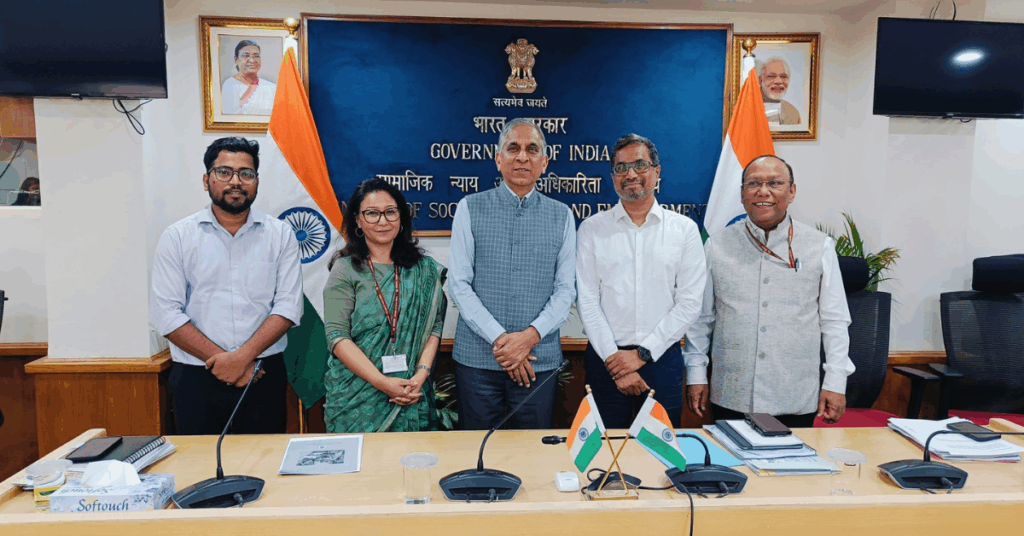
Looking ahead: Post-fellowship aspirations
As I reflect on the past months, I am struck by the faith our government places in innovation, and the space this Fellowship gives us to question, co-create and build for scale. Whether through capital or code, my goal has remained the same: to help build a governance architecture that empowers, includes, and sustains.
Having experienced both worlds, the efficiency-driven corporate sector and the mission-driven development space, I’m committed to finding the sweet spot where these approaches converge. The ideal path forward combines profit with purpose, leveraging business acumen to drive sustainable social impact.
As this fellowship draws to a close, I carry with me not just the technical knowledge of policy implementation, but a deeper understanding of how transformative change happens in the world’s largest democracy. The journey from corporate excellence to national service has been humbling, challenging, and ultimately, profoundly rewarding.
I envision an India embodying Rabindranath Tagore’s immortal words: “Where the mind is without fear and the head is held high, Where knowledge is free; Where the world has not been broken up into fragments by narrow domestic walls.”

